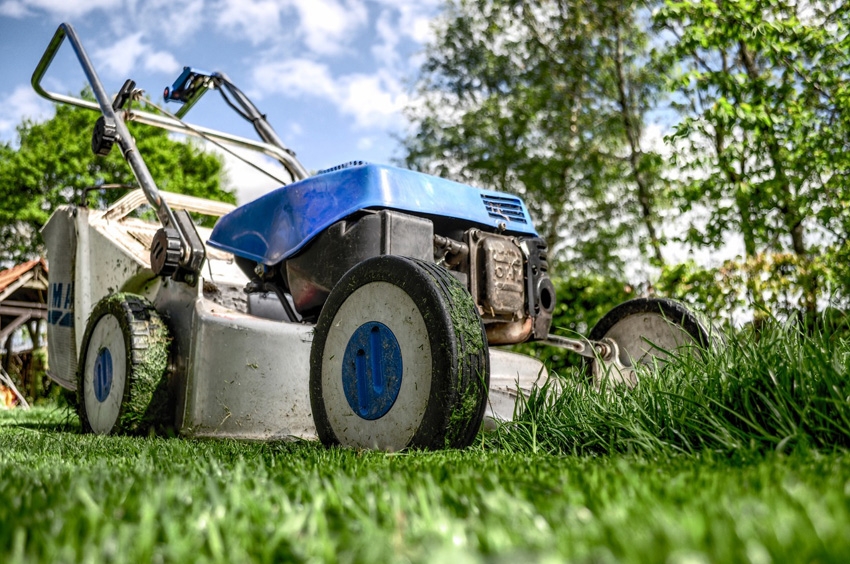Different uses of the present perfect simple and the present perfect continuous
Present Perfect ContinuousWe use the present perfect continuous when we are interested in an activity. It does not matter whether the action is finished or not. |
Present Perfect SimpleWe used the present perfect simple if we need to underline that the activity is completed, finished in the past. • I've painted my room. The walls are red now. |
Present perfect continuous vs present perfect simple: be careful!
- In English sometimes there is little or no difference in meaning between the present perfect continuous and the present perfect simple.
- How long have you been living here?
- How long have you lived here?
In the first example, the verb 'live' expresses an action, in the second one the verb 'live' is seen as a state.
Both the tenses are correct, because 'live' as an action or 'live' as a state describe the same thing. The action or state started in the past and continues in the present. - Verbs that express a state, for example, love, have, know, like, are never used at the continuous form.
- They've known each other for a few months.
- She has had her cat Romeo since her last cat Sooty died.
N.B. Be careful with 'this morning/ this afternoon' etc.
Have you sent the email this morning? (It's still morning).
Did you send the email this morning? (It's afternoon or evening).




